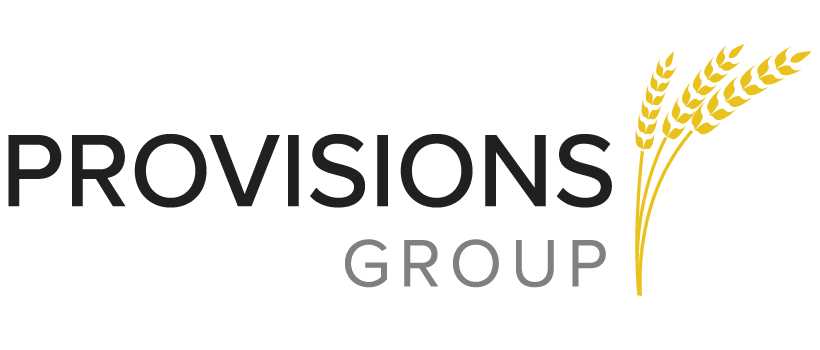The healthcare industry has undergone immense changes over the past few years (let alone the past few decades), and technology is largely to thank for this transformation.
From artificial intelligence to electronic health records (EHRs) and beyond, today’s technology-driven solutions are making a tremendous impact on how healthcare organizations operate, diagnose, and treat.
In this article, we’ll discuss four of the most important ways that technology has changed healthcare. From democratizing medical access to enabling faster diagnoses and better treatment plans, we’ll explore how each tech innovation is impacting modern healthcare systems.
What is Healthcare Technology?
Healthcare technology refers to the integration of medical technology with health information management, communication, and decision-making tools. It aims to improve patient care, medical procedures, and overall health outcomes using things like wearable devices, telemedicine, and electronic health records. Picture this; you’re wearing a smartwatch that monitors your heart rate and other vital signs. This technology allows a doctor on the other side of the world to assess and suggest treatment. Pretty cool, right?
Healthcare technology not only makes healthcare delivery more efficient but also empowers individuals to take charge of their own well-being in ways we might not have even imagined before.
4 Ways Technology has Changed the Healthcare Industry
Electronic Health Records (EHRs) and Electronic Medical Records (EMRs)
Gone are the days when doctors would shuffle through piles of paperwork to find a patient’s history. With EHRs, doctors can now access everything they need to know with a few simple clicks. Not only is it faster, but it’s also more accurate because the records can be updated in real-time.
EHR’s and EMR’s enable better communication and coordination between healthcare providers, ensuring that patients receive the most effective care tailored to their unique needs.
Read more about EHR’s and EMR’s and how they’re different.
Telemedicine
Telemedicine is a technology-driven solution that enables remote diagnosis, treatment, and monitoring of patients through video chat with doctors or other healthcare professionals. It allows providers to consult, diagnose, and provide treatment to patients regardless of location, revolutionizing the accessibility of medical care. It’s not just convenient; it also means faster diagnosis and treatment, which can be helpful in emergency situations.
Providers can also write prescriptions, look at patient charts, and send the necessary information to the proper teams and people, without leaving the room or getting out a single page of paper.
Despite its many benefits, telemedicine technology is limited in its ability to accurately diagnose complex issues; physical exams and tests may still be required to make a definitive diagnosis or treatment plan.
Artificial Intelligence (AI)
It’s not as scary as it seems! With the ability to analyze massive amounts of data and learn from past experiences, AI has revolutionized the way we think about healthcare. AI improves patient care while reducing costs and improving workflows. It can be used to help identify diseases early and provide personalized treatment recommendations based on a unique medical history. It can also be used to quickly sort through massive amounts of patient data to help identify patterns that humans may miss.
AI even has the potential to save lives by predicting potential health risks that doctors can address with their patients before they become severe. Not to mention, AI automates routine tasks such as administrative work, data entry and tracking, and appointment scheduling, leaving doctors with more time to attend to patients.
Mental Health
Have you opened the app store on your phone recently? There are pages and pages of mental health apps, online therapy sessions, and even virtual reality treatments that are changing the game in mental health care. Thanks to the advancements in healthcare technology. Mental health care has become more accessible and affordable.
People can now track their mood, set reminders for medication, and access support groups at any time of the day. Chatbots provide individualized support and assistance to patients. There are even virtual reality devices that patients can use to help confront and overcome their fears and phobias in a safe and controlled environment. (That’s right, virtual reality spiders.) These advancements not only improve the quality of care, but also break down the stigma surrounding mental health issues.
Incorporating Technology into Healthcare Today
It is easy to feel overwhelmed by the sheer amount of technologies available, but taking practical steps can make it easier to integrate these amazing tools into your workflow. The first step is to assess your healthcare practice’s needs and understand what technologies can address those needs. Once you have a clear picture of your goals, consider partnering with established healthcare technology providers to implement solutions that fit your business model. Finally, it is essential to train staff to use the technology effectively and to keep up to date with the latest advancements in the field.
Provisions Group can provide healthcare operators full-scale assistance that brings ease of use to your systems. Talk to one of our specialists to help with your transition.
__________________________________________________________________
Our team of experts created this FREE HIPAA compliance checklist so you can know where your organization stands.
__________________________________________________________________




